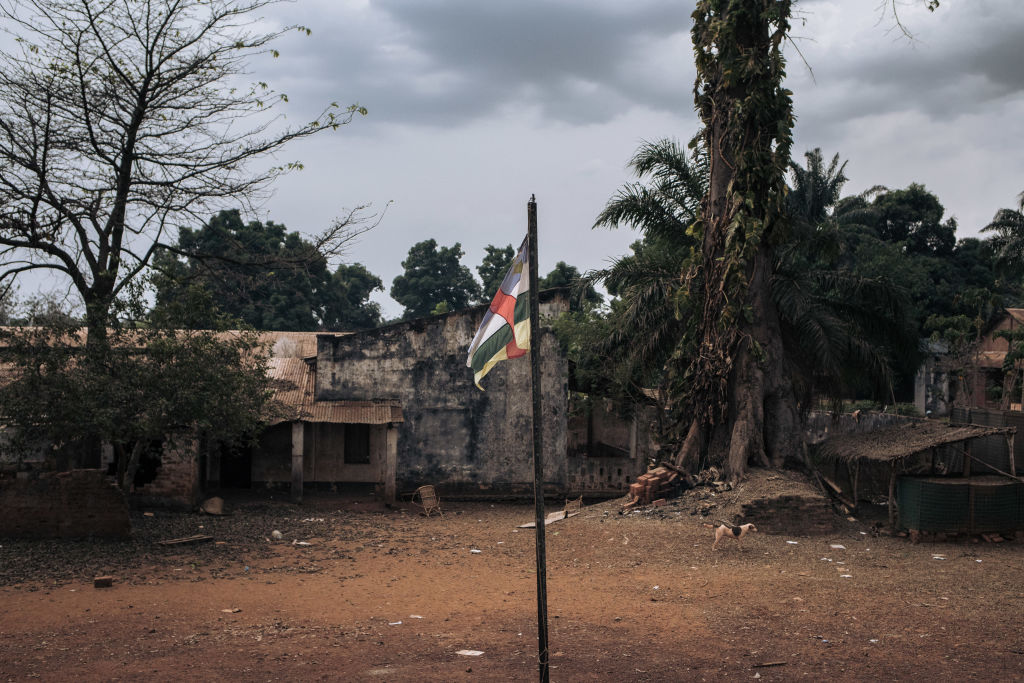ADF STAFF
Despite promises of security, new data shows that when Wagner Group mercenaries enter a country violence comes with them.
Civilian deaths are rising in the Central African Republic (CAR) where the group has operated since 2018, and Mali, where it has operated since late 2021.
In the CAR, 40% of all events categorized as “political violence” between December 2020 and July 2022 involved the Wagner Group, according to the Armed Conflict Location & Event Data Project (ACLED). Since December 2020, the group has been involved in 180 events targeting civilians, while being implicated in forced disappearances, rapes and extrajudicial killings.
The group was contracted to provide training for combat operations against rebels in the CAR.
“Rather than eradicating armed groups, the contractors are perpetrating abuses that increasingly drive violence in the provinces and fuel guerrilla warfare against government troops by rebels scattered in the bush,” wrote Pauline Bax, deputy programmer for Africa with the International Crisis Group.
In Mali, the group has targeted civilians during attacks in the Mopti, Koulikoro, Segou and Timbuktu regions, where the notorious Jama’at Nusrat al-Islam wal-Muslimin (JNIM), terrorist group operates. Hundreds of civilians died in those attacks, which included the massacre of more than 500 civilians in Moura in the Mopti region in March 2022.
There is credible evidence that the Moura massacre was committed by the Wagner Group alongside Malian forces, according to Yvan Guichaoua, a Sahel region expert at the Brussels School of International Studies at the University of Kent.
“This is absolutely shocking and horrifying,” Guichaoua told the newspaper The Globe and Mail. “This is happening on a weekly basis: allegations of killings by the Malian army and the Wagner Group, and systematic dismissal of such reports by the authorities.”
Overall, 71% of Wagner’s engagement in political violence in Mali has taken the form of attacks targeting civilians, according to ACLED.
In Sudan, where there is no end in sight to fighting between the Sudanese Armed Forces (SAF) controlled by Gen. Abdel Fattah al-Burhan and the Rapid Support Forces (RSF) led by Gen. Mohamed Hamdan Dagalo, or Hemedti, the Wagner Group apparently has picked a side.
Many of the country’s gold mines are run with Hemedti’s support in territory he and his family control. In exchange for a partnership in that enterprise, Wagner is suspected of providing Hemedti and the RSF with surface-to-air missiles and other weapons in their fight against the SAF.
In Sudan, the group is “primarily aimed at creating a smuggling route for the gold from Sudan to Dubai and then to Russia so that they can fund Wagner Group operations inside Ukraine,” Samuel Ramadi, author of the book “Russia in Africa,” told Al-Jazeera.
Under the junta government led by al-Burhan and Hemedti, Wagner smuggled an estimated 32.7 metric tons of gold worth nearly $1.9 billion out of the country between February 2022 and February 2023. That’s roughly equal to the 34.5 metric tons — worth just more than $2 billion — that Sudan exported from legitimate mining operations in 2022, according to Sudan’s central bank.
Analysts say the Wagner Group’s presence has energized extremist groups wherever it operates throughout the Sahel region.
“This has given both Islamic State and al-Qaeda affiliates greater freedom of maneuver and space to operate,” Colin Clarke, director of research at the Soufan Group, wrote in Foreign Policy magazine.
The group’s activities in Africa also are aimed at spreading the Kremlin’s influence and furthering its business interests while criticizing Western nations through intensive misinformation campaigns using bots, trolls and other social media tools.
Julian Rademeyer, an analyst at the Global Initiative against Transnational Organized Crime (GI-TOC), characterized Wagner as a “malign influence” on the continent.
Over time, the group has gone from being a purely military private contracting entity “into a multiplicity of business alliances and relations, and a network of companies, some of them front companies across the countries in which they operate on the African continent,” Rademeyer told Deutsche Welle. “It operates in this legal gray zone between illicit activities and more legal illicit activities. And it straddled those quite, quite effectively.”

